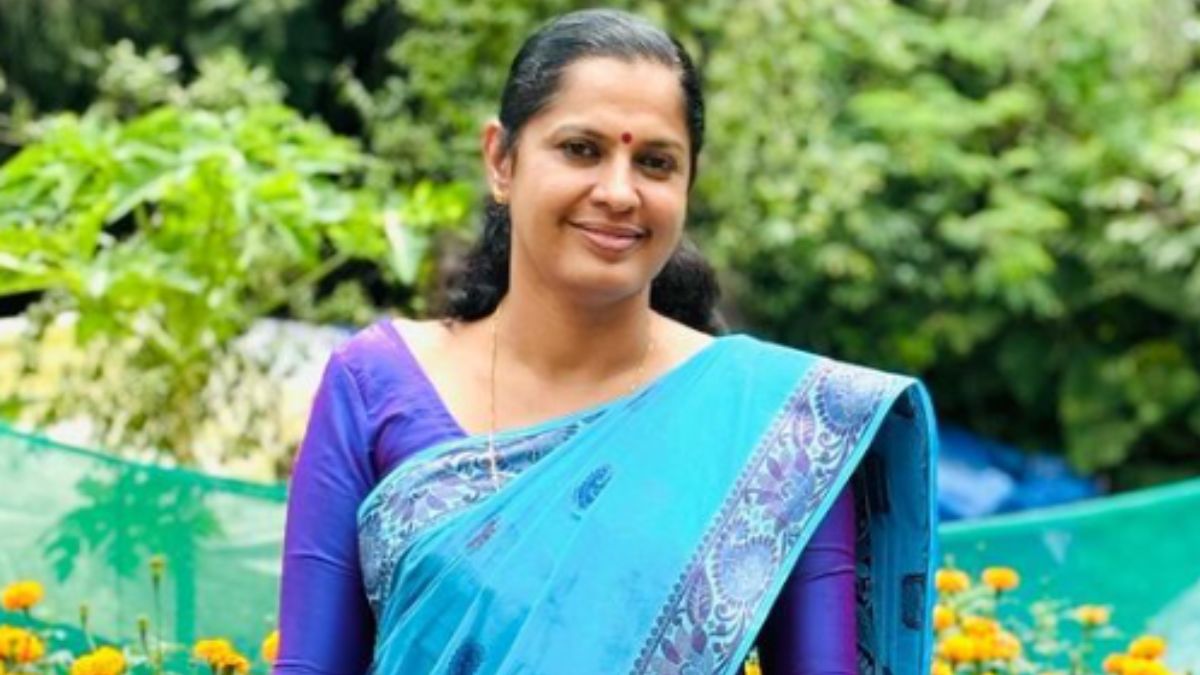The removal of CPI(M) leader PP Divya from her post as Kannur District Panchayat President highlights the gravity of abetment to suicide charges and the political ramifications of such accusations. Divya’s alleged actions at a farewell party for former ADM Naveen Babu, culminating in Babu’s subsequent suicide, sparked immediate outrage and led to swift action by both law enforcement and her own party. The incident underscores the complexities of political discourse, the consequences of public accusations, and the delicate balance between expressing concerns and potentially causing irreparable harm. The case raises crucial questions about the responsibilities of public figures and the potential impact of their words.
The Abetment to Suicide Charges Against PP Divya
The Allegations and the Aftermath
PP Divya, a prominent CPI(M) leader, faced accusations of abetment to suicide following the death of former ADM Naveen Babu. Babu, reportedly distraught after Divya’s public accusations of corruption at his farewell party, was found dead in his quarters. The allegations stemmed from comments made by Divya at the farewell event, attended by various officials including the district collector. This event, intended as a celebration, tragically turned into a catalyst for Babu’s suicide. The FIR registered against Divya under section 108 of the Bharatiya Nyaya Sanhita (BNS) carries a significant penalty of up to 10 years imprisonment, emphasizing the seriousness of the charge. The non-bailable nature of the offence further underscores the gravity of the situation.
Divya’s Response and Resignation
Following the registration of the FIR, Divya expressed remorse over Babu’s death, offering condolences to his family and pledging full cooperation with the ongoing police investigation. She also acknowledged the criticism leveled against her, admitting that while her intentions were to highlight concerns about corruption, her approach was inappropriate, particularly given the setting. Notably, Divya’s statement also reflects her understanding of the political realities of the situation; while maintaining her innocence, she proactively resigned from her post as District Panchayat President, demonstrating an awareness of the public pressure and potential damage to her party’s image. This resignation underscores a recognition that even if ultimately cleared, the ongoing investigation would significantly impede her ability to function effectively in her role.
The CPI(M)’s Response and Political Implications
Swift Action by the Party
The CPI(M)’s swift response to the allegations against Divya underlines the party’s commitment to addressing the situation with decisiveness. Hours after the FIR was filed, the party’s Kannur District Secretariat announced Divya’s removal from her position as District Panchayat President, demonstrating an immediate and decisive handling of a sensitive issue potentially damaging to the party’s public image. This decision shows that the CPI(M), faced with serious accusations against one of its leading members, chose to prioritize swift action, showing a willingness to remove a key figure, thereby potentially reducing further negative publicity.
Broader Implications for the Party and Political Discourse
The entire incident has sparked widespread debate concerning the responsible use of public speech and the consequences of unbridled accusations. The rapid actions taken by the CPI(M) also raise larger implications for internal party accountability and maintaining public trust amidst intense political scrutiny. The case serves as a crucial example demonstrating how high-profile cases of alleged abetment to suicide can significantly impact political careers and trigger substantial organizational shifts. The subsequent investigation will have lasting implications for future political dialogue, potentially influencing standards for responsible criticism in public forums.
The Larger Context and Questions Raised
The Suicide of Naveen Babu and the Search for Accountability
The tragic death of Naveen Babu serves as a reminder of the vulnerability of individuals faced with accusations of corruption in the political landscape. It highlights the severe consequences of public accusations and the profound need for mechanisms to address complaints and concerns without inciting emotional distress and undue pressure. The subsequent investigation will focus on clarifying the sequence of events leading to Babu’s suicide. Did Divya’s remarks directly contribute to his decision? To what extent does the workplace environment play a role? Understanding these elements is vital for implementing preventative measures to safeguard government employees and ensuring responsible public dialogue in high-pressure scenarios.
Implications for Public Accountability and Corruption Allegations
The case raises crucial questions about the process of raising corruption allegations. While bringing corruption to light is critical for effective governance, it needs to be conducted responsibly and fairly. This necessitates exploring appropriate and effective channels to convey concerns while ensuring that individual well-being and safety are prioritized. The case demonstrates a failure of safeguarding mechanisms that potentially led to a tragic outcome. This presents a need to review established procedures for addressing such concerns and safeguarding individuals against potentially damaging consequences of allegations, emphasizing procedural safeguards for those accused and greater empathy for individuals in stressful circumstances.
Take Away Points
- The removal of PP Divya highlights the serious consequences of accusations of abetment to suicide, underlining both the legal and political ramifications of such charges.
- The CPI(M)’s swift action demonstrates a decisive response to the allegations and reflects an effort to address potential damage to its image.
- The case raises vital questions about responsible public discourse, particularly regarding accusations of corruption and the potential harm inflicted by unsubstantiated claims.
- This incident should prompt a review of mechanisms for addressing allegations of corruption to ensure accountability while safeguarding individuals from undue harm.
- The tragic circumstances surrounding Naveen Babu’s death serve as a stark reminder of the importance of empathetic and responsible conduct, particularly in situations of intense political scrutiny and potential power imbalances.




